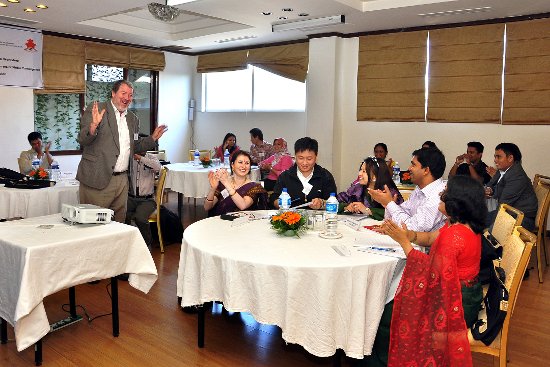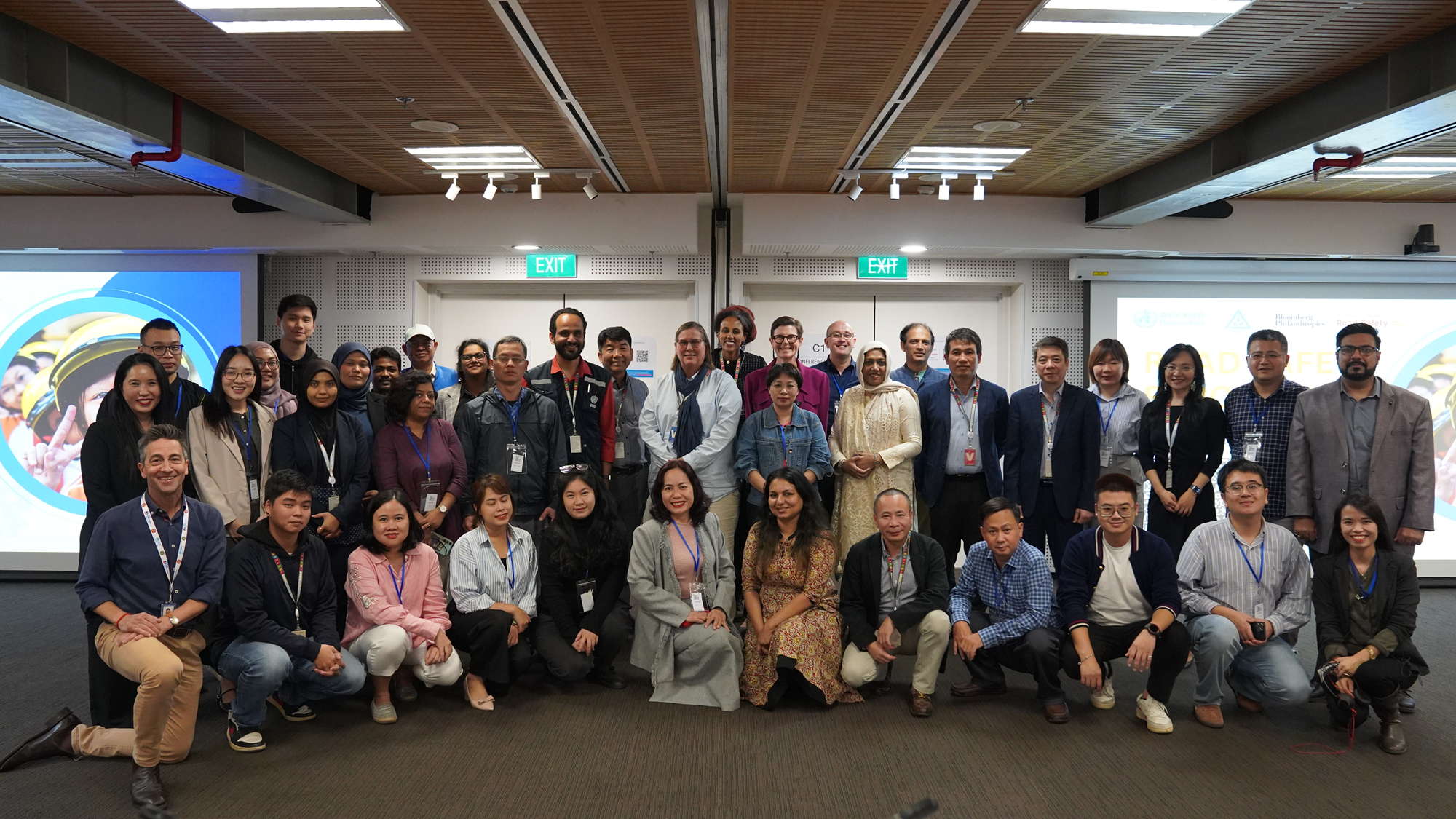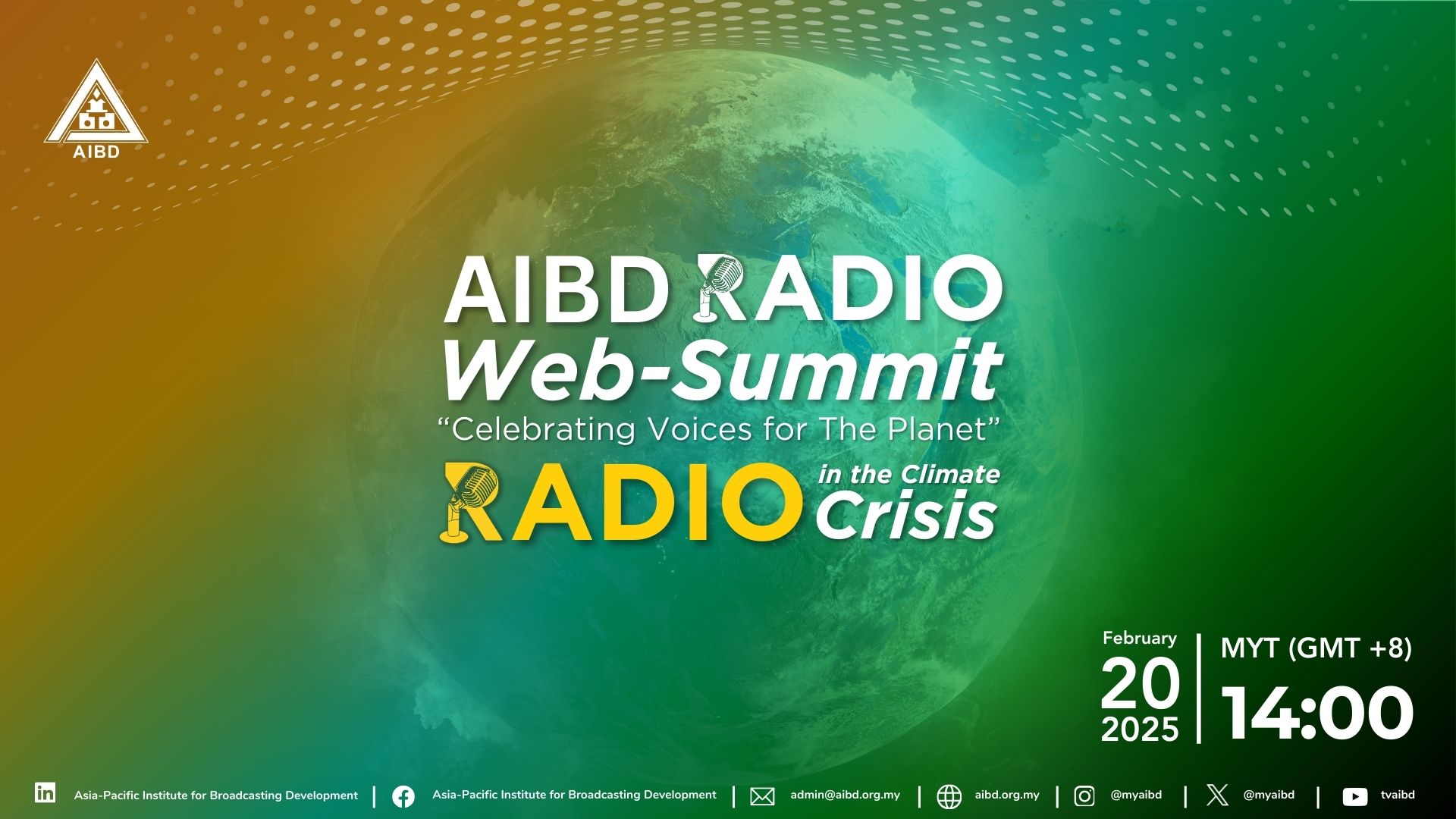
Training of Young Journalists on Legal Awareness in an Era of Media Convergence
17 journalists participated at the one-week workshop on AIBD/IPDC-UNESCO Sub-Regional Workshop on “Training of Journalists on Legal Awareness in an Era of Media Convergence,” held from April 23-27 in Kathmandu, Nepal. The workshop was hosted by Nepal Television.
17 journalists participated at the one-week workshop on AIBD/IPDC-UNESCO Sub-Regional Workshop on “Training of Journalists on Legal Awareness in an Era of Media Convergence,” held from April 23-27 in Kathmandu, Nepal. The workshop was hosted by Nepal Television.

The participants were from Bangladesh, Bhutan, China, Indonesia, India, Malaysia, Nepal and Sri Lanka. The workshop was led by Dr. David Mould, Professor Emeritus of Media Arts and Studies at Ohio University (U.S.A.), who has over 15 years experience in journalism training and consulting in Central, South and Southeast Asia.
This was an active and engaged group, and most participated fully in the discussions. Often, their questions and comments went beyond what were strictly legal issues to journalism practice and ethics, but this always enriched the session, providing context and case studies. Several participants—from Nepal, Sri Lanka, Malaysia and Bhutan—related stories of their own experiences in facing legal challenges, from restrictions on reporting on civil conflicts to access to courtrooms and official information. It was these specific cases, related by those who had to make decisions on what to do, that made the general legal principles concrete and applicable.

The closing ceremony was graced by Mr. Axel Plathe, Head, the UNESCO Office in Kathmandu & UNESCO Representative together with Ms Terhi Ylikoski, Adviser for Communication and Mr. Deepak Mani Dhital, Acting General Manager, Nepal Television.





